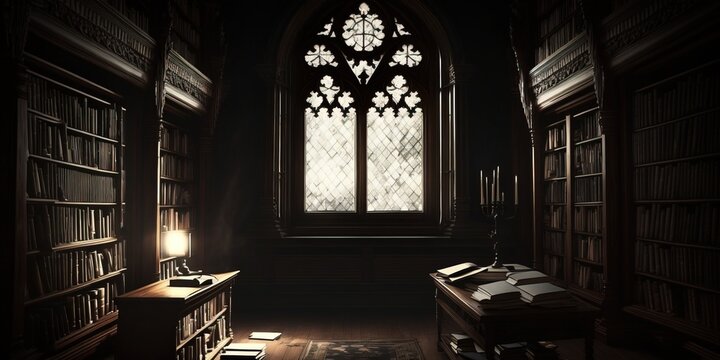
FAQ About Gothic Literature
Gothic Literature
2 years ago | gizem
What is the significance of castles in Gothic Literature?
Castles hold significant symbolism and importance in Gothic Literature, and they are often used as central settings in many Gothic novels and stories. Here are several ways in which castles are significant in the genre:
- Mystery and Intrigue: Castles are inherently mysterious and intriguing structures. They often have labyrinthine layouts, hidden chambers, secret passageways, and complex architecture, making them perfect settings for mysterious events and hidden secrets.
- Gothic Architecture: Castles are quintessential examples of Gothic architecture, characterized by pointed arches, soaring towers, and ornate detailing. This architectural style contributes to the Gothic atmosphere and aesthetics of the genre.
- Historical Significance: Castles are often associated with history, particularly medieval history. Their historical context can add depth to a story and evoke a sense of the past. They may symbolize the weight of history or the legacy of previous generations.
- Isolation and Imprisonment: Castles are frequently depicted as isolated structures, located in remote or desolate locations. This isolation can create a sense of imprisonment for characters, making it difficult for them to escape from the terrors that lurk within.
- Symbolism of Power and Decay: Castles can symbolize power and authority, often belonging to wealthy or noble families. However, many Gothic stories also explore the theme of decay, with castles representing the decline of a once-great lineage.
- Conflict Between Light and Darkness: The interior of a castle often features dimly lit hallways, candlelit chambers, and shadowy corners. This interplay of light and darkness reflects the thematic contrasts common in Gothic Literature.
- Supernatural Elements: Castles are prime locations for supernatural occurrences, such as ghostly apparitions, hauntings, and curses. The grandeur and history of castles make them suitable settings for these paranormal events.
- Psychological Exploration: Castles can mirror the psychological state of characters. As characters explore the castle's interior, they may confront their inner demons or repressed memories, blurring the lines between the physical and psychological realms.
- Romantic Elements: In some Gothic novels, castles are places where romantic encounters occur, often involving forbidden love or tragic relationships. The contrast between the castle's imposing structure and the vulnerability of the characters can heighten the romance.
- Themes of Imprisonment and Escape: Castles are frequently associated with themes of imprisonment and the desire to escape. Characters may be trapped within the castle's confines, and their struggle to break free drives the narrative.
- Narrative Tension: The architectural features of castles, such as hidden staircases or locked doors, can be used to create narrative tension and suspense as characters uncover secrets or encounter obstacles.
